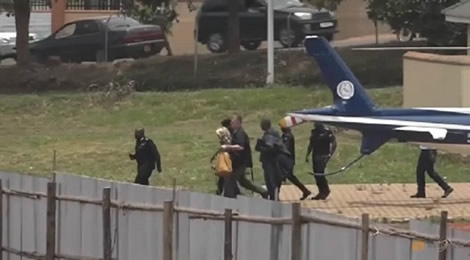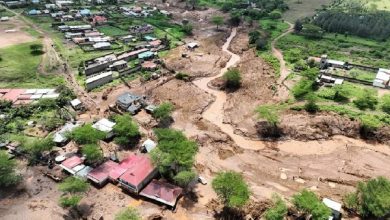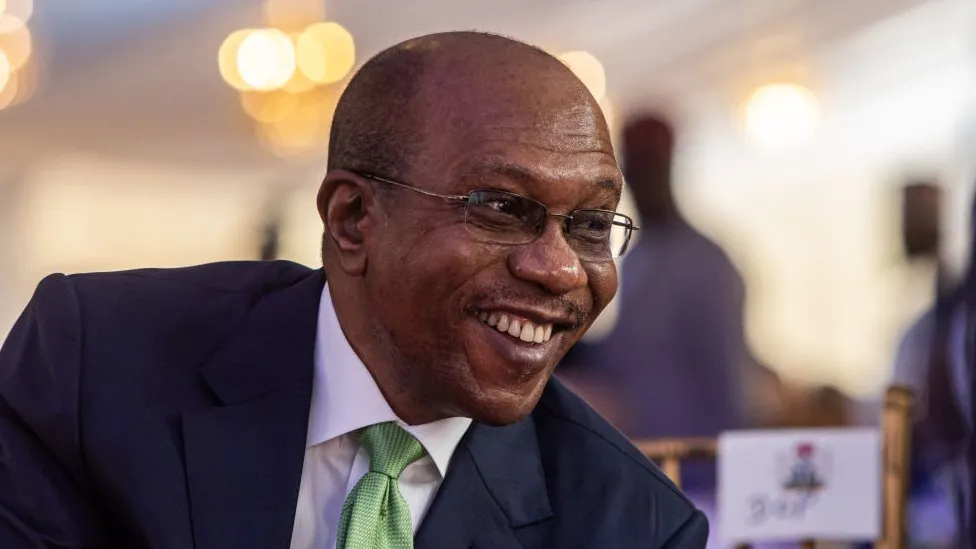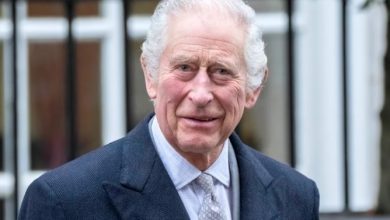U.S. tourist, guide kidnapped in Uganda freed after ‘settlement’

An American tourist and her guide who were abducted in Uganda last week were released after a “negotiated settlement” was reached with the kidnappers, the firm that organized her safari told Reuters on Monday.
Amid fears the incident could deter tourists from visiting the East African country, U.S. President Donald Trump called on Twitter for the kidnappers to be found.
Ugandan authorities said on Sunday that Kimberley Sue Endecott, 35, and her driver, Jean Paul, had been rescued unharmed after being seized by gunmen in Queen Elizabeth National Park, near the border with Democratic Republic of Congo, on April 2. The kidnappers later demanded a ransom of $500,000 for Endecott’s release.
The acknowledgement of negotiations with the captors follows reports in several local media outlets, including state-owned daily New Vision, that a ransom was paid before the two were freed.
“A negotiated settlement was arranged with the assistance of the American government,” a spokesman for the tour firm, Wild Frontiers Safaris Uganda, told Reuters. “I don’t have details of the final settlement”
New Vision reported on Monday, citing undisclosed sources, that a ransom of $30,000 had been paid.
In Washington, a State Department official said the United States maintains a “no concessions” policy that covers ransoms for Americans taken captive.
“We firmly believe that making concessions increases the risks for Americans and others traveling abroad,” the official said, adding that the United States had worked closely with Ugandan authorities for the release of Endecott. “We cannot get into the details of this case, but can confirm that we worked closely with our Ugandan counterparts,” the official added.
Uganda Police spokeswoman Polly Namaye said she could not confirm whether a ransom had been paid.
It remains unclear who was responsible for the abduction, which took place in an area once roamed by fighters belonging to the Allied Democratic Forces (ADF), an anti-Kampala rebel group that is now mostly dormant. The group is still believed to have camps in eastern Congo.
“Uganda must find the kidnappers of the American Tourist and guide before people will feel safe in going there,” Trump tweeted on Monday. “Bring them to justice openly and quickly!”
Tourism is a key source of foreign exchange for Uganda and there are concerns the incident might raise safety fears and discourage visitors.
In a tweet on Monday, President Yoweri Museveni promised to “deal with these isolated pockets of criminals.”
“I want to reassure the country and our tourists that Uganda is safe and we shall continue to improve the security in our parks. Come and enjoy the Pearl of Africa,” he wrote.
The last attack on tourists in a Ugandan park was in 1999. An American couple, four Britons and two New Zealanders were killed along with four Ugandan guides after being ambushed by gunmen in the Bwindi Impenetrable National Park, a few kilometres south of the Queen Elizabeth Park.
Queen Elizabeth National Park is one of most visited in the East African country, with tourists flocking there to see lions, hippos, crocodiles and various types of antelope.





